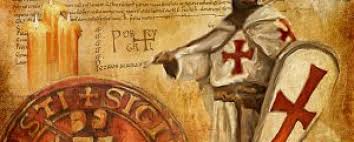

Home l About l EmpowerMent l Events l Win Prizes
J. Frank James Cell Direct ( 202 ) 539 - 5501
Email : Help Each Other @ Winning . com
Play Video above for - Musical Accompaniment.
ADDRESS : ATTACK THE ISSUE(S) OF MARKETING
during the changing times & commercial landscape.

1.) The Problem / NEED
Mentally Prepared, Focused, Handsomely Nicely Charismatic, with, or without... a permit to carry a semi-automatic. Field Agents For Progressive Service & Proactive Battle against The Competitive Market-Place Resistance Forces, ie...
Villianous Actors & Prepetrators
The sometimes Lazy - Yet, Highly Valued
& Respected Client / Customer
Covid 19 Market Repercussions :
* Decreased Clients / Customers
* Lowered Profitability Margins
* Supply Chain Disruptions
* Strained Vendor Relations
* Diminished Employee / Market Place Enthusiasm
* Plus... As the list of threats / enemies is updated daily
2.) The Solution / Plan of ACTION / Standing Orders
Host A Dynamic Empowerment Initiative.
Using a synergenic approach to Appreciate, Engage,
Entertain & Empower our/the Community: Family, Friends, Neighbors, Associates, Customers, Merchants, Vendors, YouTubers, Sponsors, Netherworld orge, emissories, Wizards, Cut&Scratch DeeJays, MC's, Plus.
Feat. Cosmopolitian Manga-Style Renaissance-Inspired Art Folios/Flyers & Supporting A MetroPlex Wide Merchant Services Directory.
Use FUNd4MENtal Marketing Strategy :
A Street Art Mix of D.I.Y. (w Some Help) EmPowerMEnt
Classic & Modern Quotes & Royal Service Aesthetic
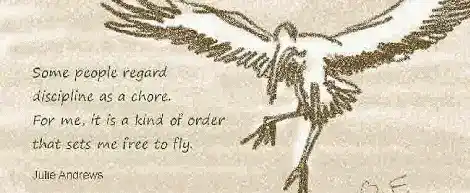
Print, Web, Mobile App, eMedia, Prizes, Special Offers, Plus... Dynamic Engaging
'Becoming A Knight' Brand Energizing
Socially Enriching Experiences.
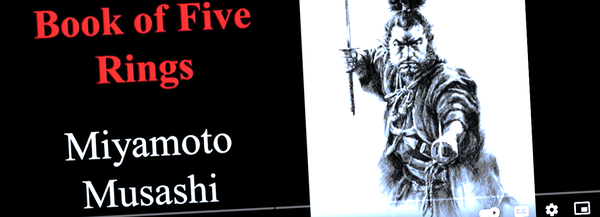
Empowering Merchants' efforts in
3.) How?
Attracting & Acquiring
New Customers & Sales
though progressive creative mindful
marketing & networking activities.
By hosting... www.
Becoming A Knight . com - and Helping 1,000+ Merchants & Sponsors with Effective Marketing.
Practically, and consequently
We likewise inherently,
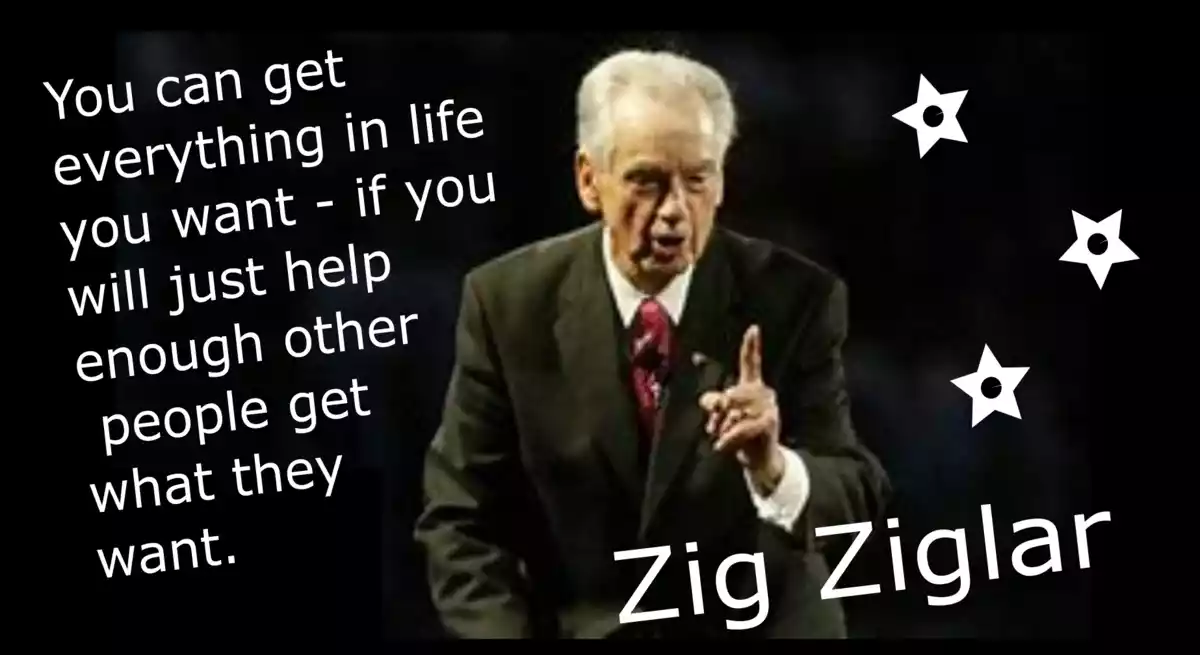
Enjoy the benefits of being of Service.
AND, the benefit is enjoyed (already) - Just by Being... of Service.
Learn about
About Zig Ziglar, an American author, salesman,
and motivational speaker, Knight in Shining 'Tailor-Made' Armor.
Thank You.
Projected Launch: SPRiNG FORWARD 2024 ![]()
 Return to Top
Return to Top
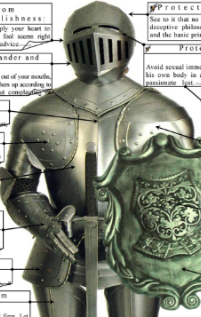
The term "chivalry" derives from the Old French term chevalerie, which can be translated as "horse soldiery". Originally, the term referred only to horse-mounted men, from the French word for horse, cheval, but later it became associated with knightly ideals.
The French word chevalier originally meant "a man of aristocratic standing, and probably of noble ancestry, who is capable, if called upon, of equipping himself with a war horse and the arms of heavy cavalryman and who has been through certain rituals that make him what he is." Therefore, during the Middle Ages, the plural chevalerie (transformed in English into the word "chivalry") originally denoted the body of heavy cavalry upon formation in the field. In English, the term appears from 1292 (note that cavalry is from the Italian form of the same word).

The meaning of the term evolved over time into a broader sense, because in the Middle Ages the meaning of chevalier changed from the original concrete military meaning "status or fee associated with a military follower owning a war horse" or "a group of mounted knights" to the ideal of the Christian warrior ethos propagated in the romance genre, which was becoming popular during the 12th century, and the ideal of courtly love propagated in the contemporary Minnesang and related genres.
The ideas of chivalry are summarized in three medieval works: the anonymous poem Ordene de chevalerie, which tells the story of how Hugh II of Tiberias was captured and released upon his agreement to show Saladin (1138–1193) the ritual of Christian knighthood; the Libre del ordre de cavayleria, written by Ramon Llull (1232–1315), from Majorca, whose subject is knighthood; and the Livre de Chevalerie of Geoffroi de Charny (1300–1356), which examines the qualities of knighthood, emphasizing prowess. None of the authors of these three texts knew the other two texts, and the three combine to depict a general concept of chivalry which is not precisely in harmony with any of them. To different degrees and with different details, they speak of chivalry as a way of life in which the military, the nobility, and religion combine.
The "code of chivalry" is thus a product of the Late Middle Ages, evolving after the end of the crusades partly from an idealization of the historical knights fighting in the Holy Land and from ideals of courtly love.
The term "chivalry" derives from the Old French term chevalerie, which can be translated as "horse soldiery". Originally, the term referred only to horse-mounted men, from the French word for horse, cheval, but later it became associated with knightly ideals.
Source / Credit









